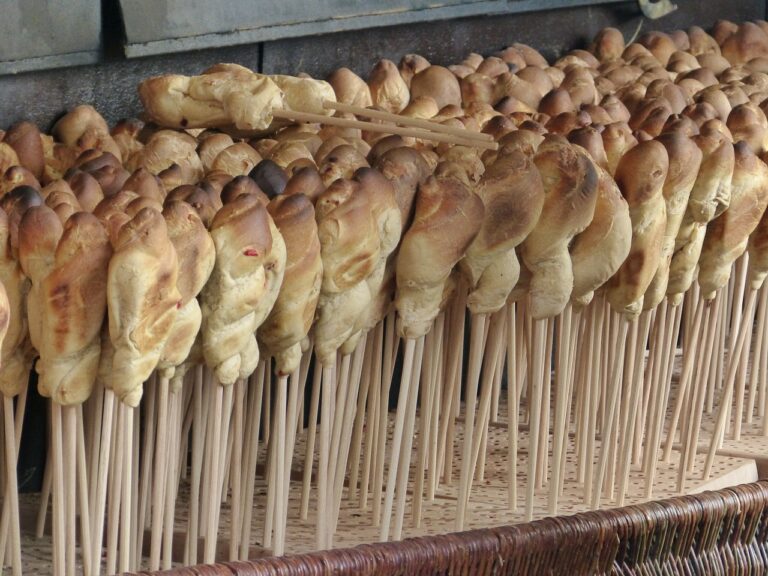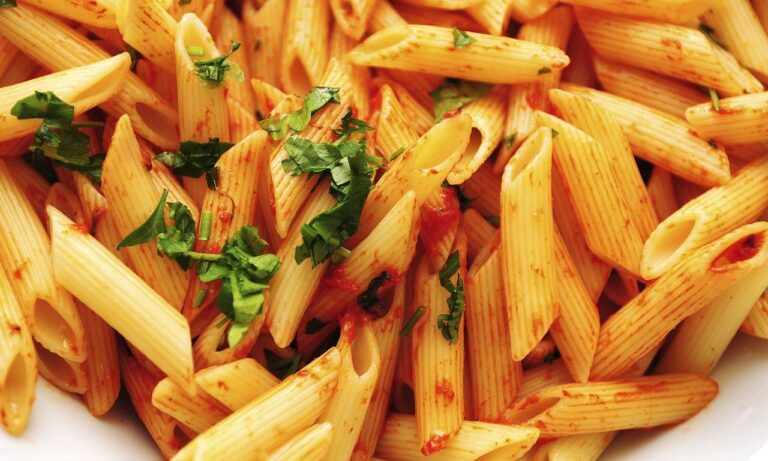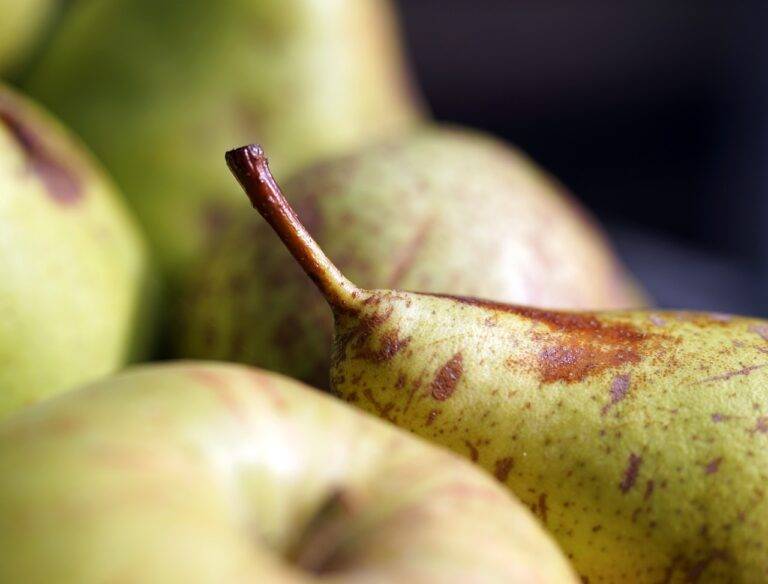Food Industry and Disaster Relief Efforts
Natural disasters have the potential to significantly disrupt the food industry, causing widespread damage to crops, food storage facilities, transportation networks, and distribution channels. The sudden and often unpredictable nature of natural disasters such as hurricanes, earthquakes, and floods can lead to food shortages, price fluctuations, and supply chain interruptions, which in turn impact both consumers and businesses within the food industry.
In the aftermath of a natural disaster, food producers, suppliers, and retailers must navigate challenges such as diminished access to key resources, compromised infrastructure, and heightened demand for emergency food supplies. This can result in delays in food production, limited availability of certain products, and logistical difficulties in reaching affected areas with essential food items. As the food industry plays a critical role in ensuring food security and stability, the impact of natural disasters underscores the need for robust disaster preparedness and response strategies within the sector.
Challenges Faced by Food Industry During Disaster Relief Efforts
During disaster relief efforts, the food industry encounters numerous challenges that impede the timely and effective distribution of aid to those in need. One of the primary difficulties faced by the food industry is ensuring the safety and quality of food products amidst the chaos and urgency of the relief operations. Proper storage and transportation facilities may be compromised during disasters, leading to concerns about the edibility and suitability of food supplies.
Moreover, logistical hurdles, such as disrupted supply chains and communication breakdowns, pose significant obstacles to the food industry’s relief efforts. Coordinating the delivery of food aid to affected areas becomes a daunting task when roads are damaged, airports are closed, and essential infrastructure is in disarray. These challenges not only delay the arrival of much-needed food supplies but also hinder the coordination and cooperation among various stakeholders involved in the relief operations.
• Ensuring the safety and quality of food products
• Compromised storage and transportation facilities
• Concerns about the edibility and suitability of food supplies
• Disrupted supply chains and communication breakdowns
• Coordinating delivery of food aid to affected areas becomes challenging
• Delayed arrival of much-needed food supplies
• Hinders coordination among various stakeholders involved in relief operations
Role of Food Industry in Providing Aid During Disasters
During times of disasters, the food industry plays a crucial role in providing aid to affected communities. With their resources and capabilities, food companies can swiftly mobilize to deliver essential food items to those in need. Their ability to package, store, and distribute food efficiently can make a significant difference in the relief efforts.
Moreover, the food industry’s expertise in managing supply chains and logistics enables them to respond effectively during emergencies. By coordinating with relief organizations and government agencies, food companies can ensure a steady flow of food supplies to disaster-stricken areas. This coordination helps in addressing immediate food needs and brings a sense of relief to those facing hardships in the aftermath of a disaster.
How do natural disasters impact the food industry?
Natural disasters can disrupt food production, transportation, and distribution, leading to shortages and price hikes.
What are some challenges faced by the food industry during disaster relief efforts?
Some challenges include ensuring food safety and quality, coordinating logistics for distribution, and dealing with increased demand and limited resources.
What is the role of the food industry in providing aid during disasters?
The food industry plays a crucial role in providing emergency food supplies, donating food and resources, and supporting relief efforts through partnerships with humanitarian organizations.
How can individuals support the food industry in providing aid during disasters?
Individuals can donate to food banks and relief organizations, volunteer at food distribution centers, and support companies that are actively involved in disaster relief efforts.







